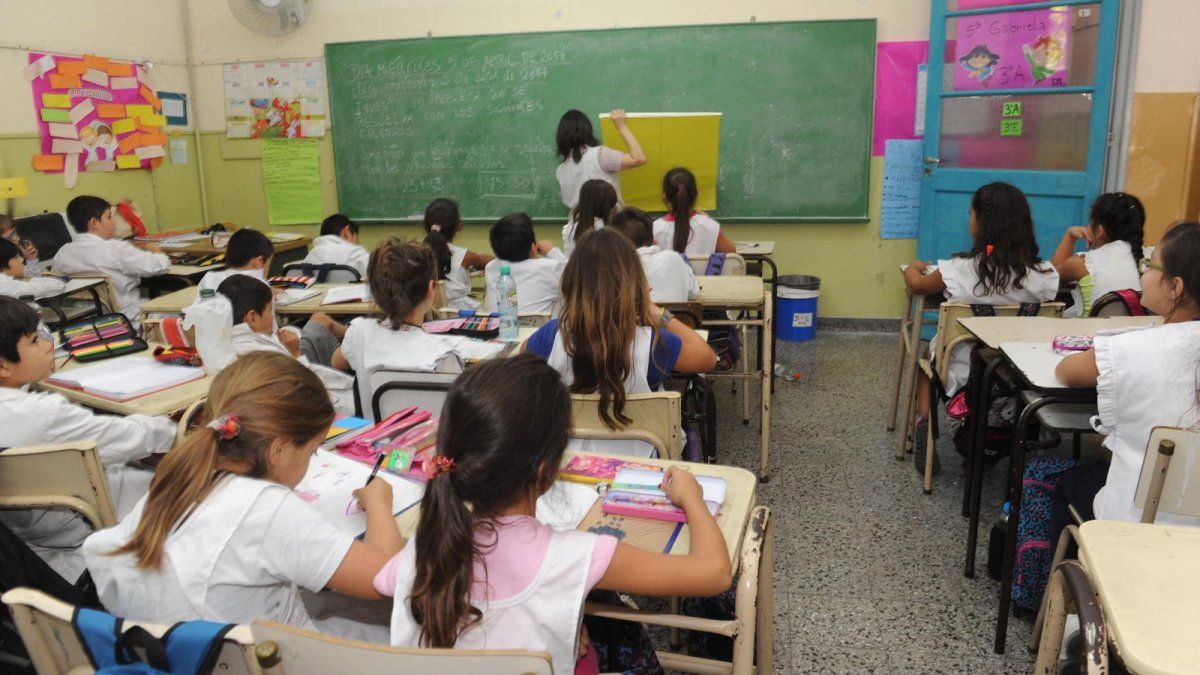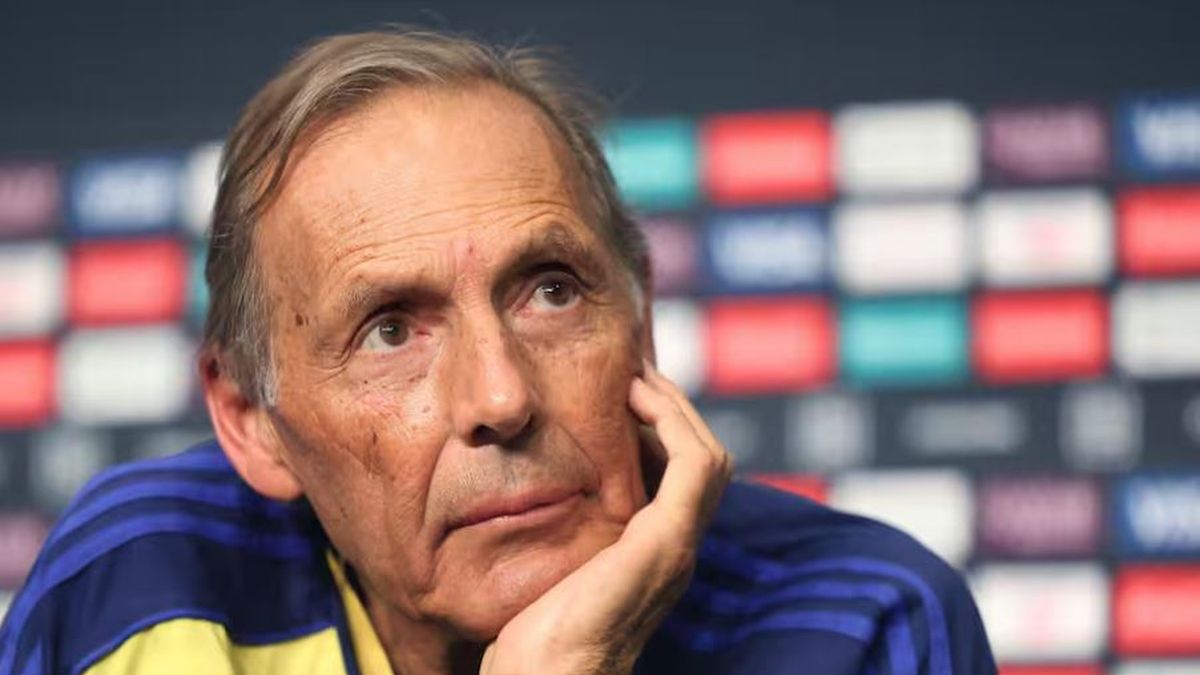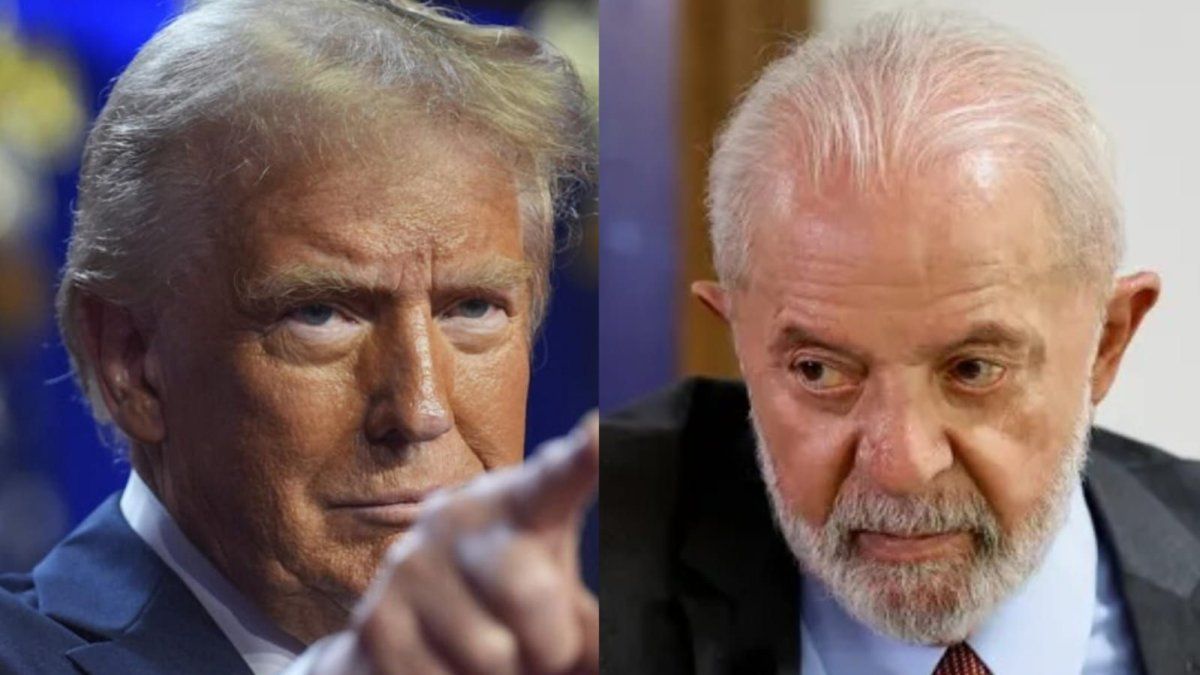When did we start taking on our own responsibilities as parents instead of blaming others? When do we accept that a student does not perform well because he or she did not try hard enough, and not because the teacher or the system harmed him or her?
A few days ago, Jorge Macri, head of the Buenos Aires city government, announced a central change in the primary school curriculum. In his own words: “We decided to change because what was done up to now failed. The problem we have is that today children do not learn in school. We are going to go towards a school that teaches how to understand texts and solve mathematical problems related to real life, always marking each child when something is wrong, so that that error is part of learning.”
The content you want to access is exclusive to subscribers.
For his part, the government of the province of Buenos Aires announced at the beginning of last June, changes in high school that will come into effect from next year. Probably the most notable of these is elimination of repetition. In this regard, Alberto Sileoni, general director of Culture and Education of the province of Buenos Aires, expressed: “It is not possible to think that the future is in the past. “We owed ourselves a modification to the secondary academic regime.”


Start over, over and over again. In 1962, after the fall of Arturo Frondizi, the American rabbi Marshall Meyer, who lived in Argentina for 25 years, saved countless lives during the military dictatorship and was the only foreigner invited by Raúl Alfonsín to be part of CONADEP, stated that in Argentina one learned the lesson of individual responsibility precisely because of its lack. In Argentina the other was always the dishonest one, he didn’t know how to work, he didn’t pay taxes, he was materialistic. And so, we become a society that constantly points to the other as the source of its problems.
In the field of education, this phenomenon is especially evident. When did we start taking on our own responsibilities as parents instead of blaming others? When do we accept that a student does not perform well because he or she did not try hard enough, and not because the teacher or the system harmed him or her? When will we recognize that our educational problems are not only due to external factors, but also to the decisions of those in charge of outlining educational policies? It is clear that the habit of exonerating ourselves and projecting blame onto others prevents any real improvement.
Let’s see what happens every time a new government takes office. The first thing we hear is a gloomy diagnosis: the state of the educational system is disastrous, which by the way is not far from representing our reality; Everything that was done before is wrong, and the task of the new government will be to reform it. This narrative of starting from scratch has become an endless cycle. The new authorities criticize previous administrations and propose major reforms that systematically fail to achieve sustainable changes. And meanwhile, students are the victims of a system that seems to always be in the rebuilding phase.
A representative example is the management of curricular content. One government decides to modify the school program to, for example, incorporate technological skills and critical thinking, another to improve reading and writing, the list is endless. Surely, when the next administration takes office, these modifications will be discarded and a new approach will be proposed, arguing that the previous reform was inadequate. The irony of the case is that this not only occurs between governments of opposing political parties, but even between administrations of the same political group, as demonstrated by the current educational reform carried out by the government of the Autonomous City of Buenos Aires.
A first solution to this endless succession of restarts is to grant privately managed schools the autonomy to design their study plans, instead of being subject to political swings, integrating the needs and demands of contemporary society, as well as the expectations of the families who trust them, allowing different visions and pedagogical approaches to coexist and offer real alternatives to families and students.
Instead of going back to square one every time a government changes, this reform would allow privately managed educational institutions to generate a continuous cycle of improvement and evolution, based on accumulated experience and capacity for innovation, and they would be the parents themselves. , no longer the experts currently in charge of outlining educational policies, who supervise schools based on the essential publicity of any evaluation that is carried out.
Isn’t it worth evaluating? I think so. Otherwise we will continue to start over again and again, like the myth of Sisyphus. But what we are talking about is not a Greek tragedy, but rather the future of generations of children and young people who spend critical years of their training in the midst of continuous experiments that have led us to the shameful educational reality that we have to live today.
Member of the National Academy of Education and Rector of UCEMA.
Source: Ambito




